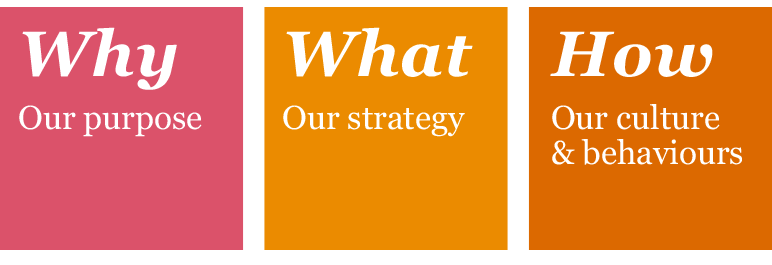
Generally speaking, non-governmental organisations (NGOs) pursue moral or humanitarian goals.
They may seek to further non-profit interests in any of the following areas: business, science, education, study results, human rights, spirituality, sports, and protecting the environment.
assisting disadvantaged people, communities, and groups in their social development meeting the basic requirements of marginalised groups, including food, shelter, healthcare, and education, in order to improve their quality of life Reduced poverty, access to healthcare, education, and the environment; gender equality;
community development; human rights advocacy; and disaster relief concentrating on all activism, social justice, environmental, and human rights problems
advancing and broadly enhancing the social and political climate of society
Setting goals for a non-governmental organisation involves:
- State objectives stated in monetary terms
- Results should be the main objective of state aims, not processes.
- Declare the result of a task.
Identify the target demographic or community that is being served.
Here are some examples of NGO objectives:
Society: To encourage positive ageing in senior residents and to offer medical camps at various sites to monitor the health of both children and adults- To prepare students for leadership and social responsibility via education
- To work towards raising the status of women in society
Our values define who we are, what we stand for, and how we behave.
While we come from different backgrounds and cultures, our values are what we have in common. They guide how we work with our clients and each other, inform the type of work we do, and hold us accountable to do our best. They govern our actions and determine our success.
Our values help us work towards our Purpose of building trust in society and solving important problems.
